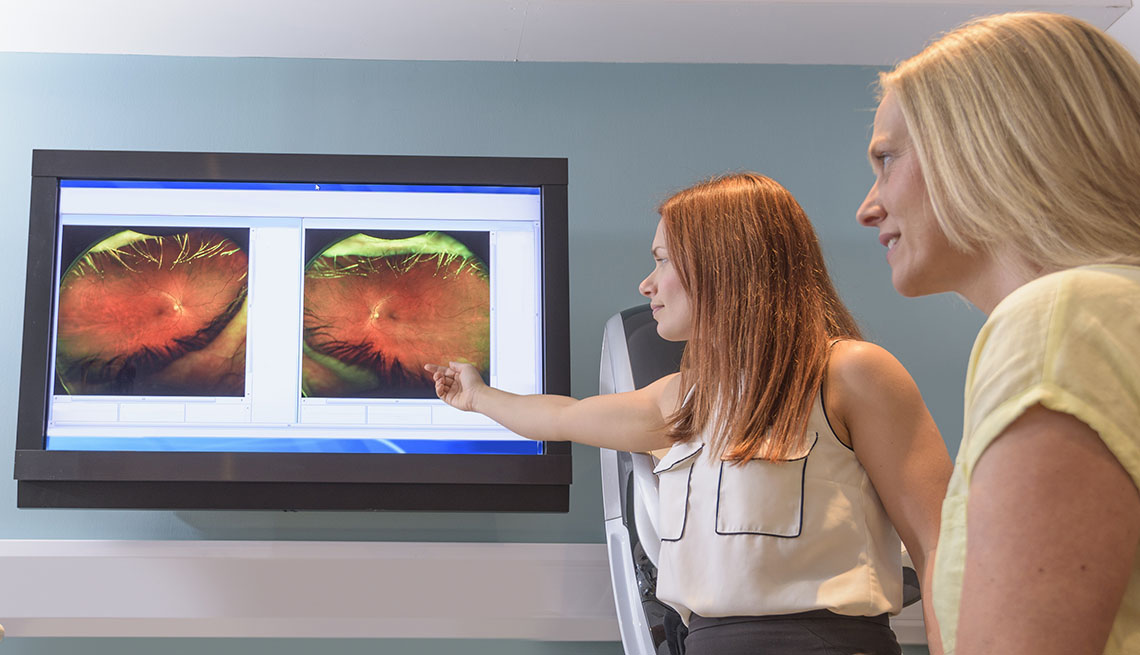
Despite the name, your eye isn’t actually moving at all. It’s that pesky eyelid. Eyelid twitching is pretty common and usually nothing to worry about, according to Dr. Ming Wang, PhD, Wang Vision 3D Cataract & LASIK Center. The condition of temporary or long-term eye twitching is called eyelid myokymia and it is the result of an involuntary misfiring of the neurons that stimulate your eyelid muscles.






